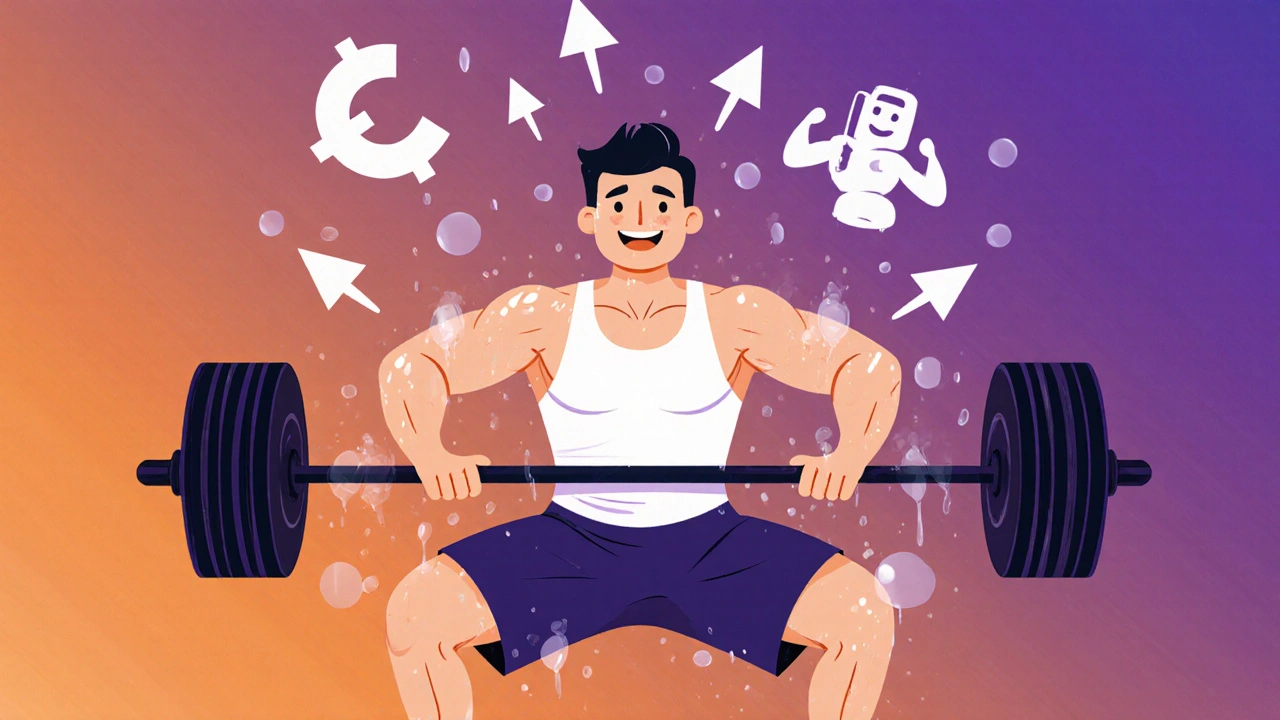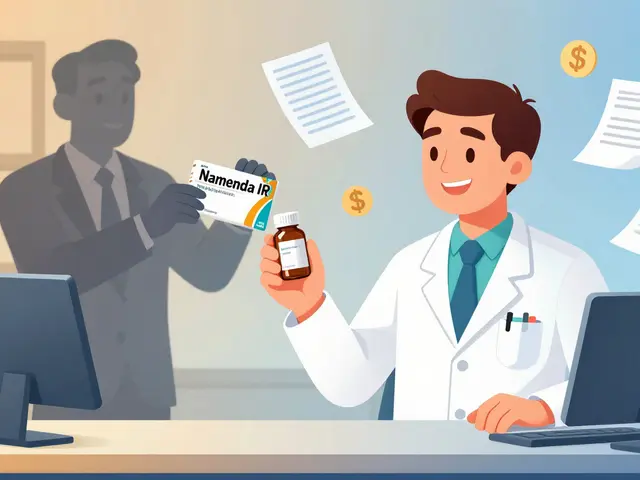Muscle Preservation: How Medications and Health Choices Keep You Strong
When we talk about muscle preservation, the practice of maintaining lean muscle mass over time, especially as we age or during illness. Also known as preventing sarcopenia, it's not just about looking strong—it's about staying independent, avoiding falls, and keeping your body working the way it should. Many people assume muscle loss is just part of getting older, but it’s often worsened by everyday medications, poor nutrition, or inactivity. The truth? You can slow it down—and sometimes reverse it—if you know what to watch for.
Some of the most common drugs people take—like antipsychotics, medications used to treat schizophrenia and dementia, which can cause movement disorders and reduce physical activity—directly impact muscle health. Studies show seniors on long-term antipsychotics lose muscle faster than those not taking them. Even clozapine, a powerful antipsychotic with strict monitoring rules, can lead to fatigue and reduced mobility over time, making it harder to stay active. Then there’s acitretin, a psoriasis drug linked to lower bone density, which often goes hand-in-hand with muscle weakening. These aren’t side effects you hear about in ads—they’re real, quiet threats to your strength.
But it’s not all drugs. Medication timing, like taking a blood thinner at night instead of morning, can disrupt sleep and recovery cycles that your muscles need. And if you’re on long-term steroids or antidepressants, you’re likely losing muscle without realizing it. Even something as simple as skipping protein after a workout—or not eating enough because your appetite is suppressed by meds—adds up. Muscle preservation isn’t just about lifting weights. It’s about knowing which pills are working against you, adjusting your diet, and moving daily—even if it’s just walking or standing more.
You’ll find posts here that connect the dots between medications and physical decline. From how antihistamines make you too drowsy to move, to how breast milk pumping while on drugs affects your own recovery, to why timing your pills matters for energy levels—this collection gives you the real-world links between what you take and how your body holds on to strength. No fluff. Just what works, what hurts, and what you can change today.
Strength training is the most effective way to lose fat and keep it off. Learn how to program workouts that build muscle, boost metabolism, and deliver real body composition changes-not just scale weight loss.



